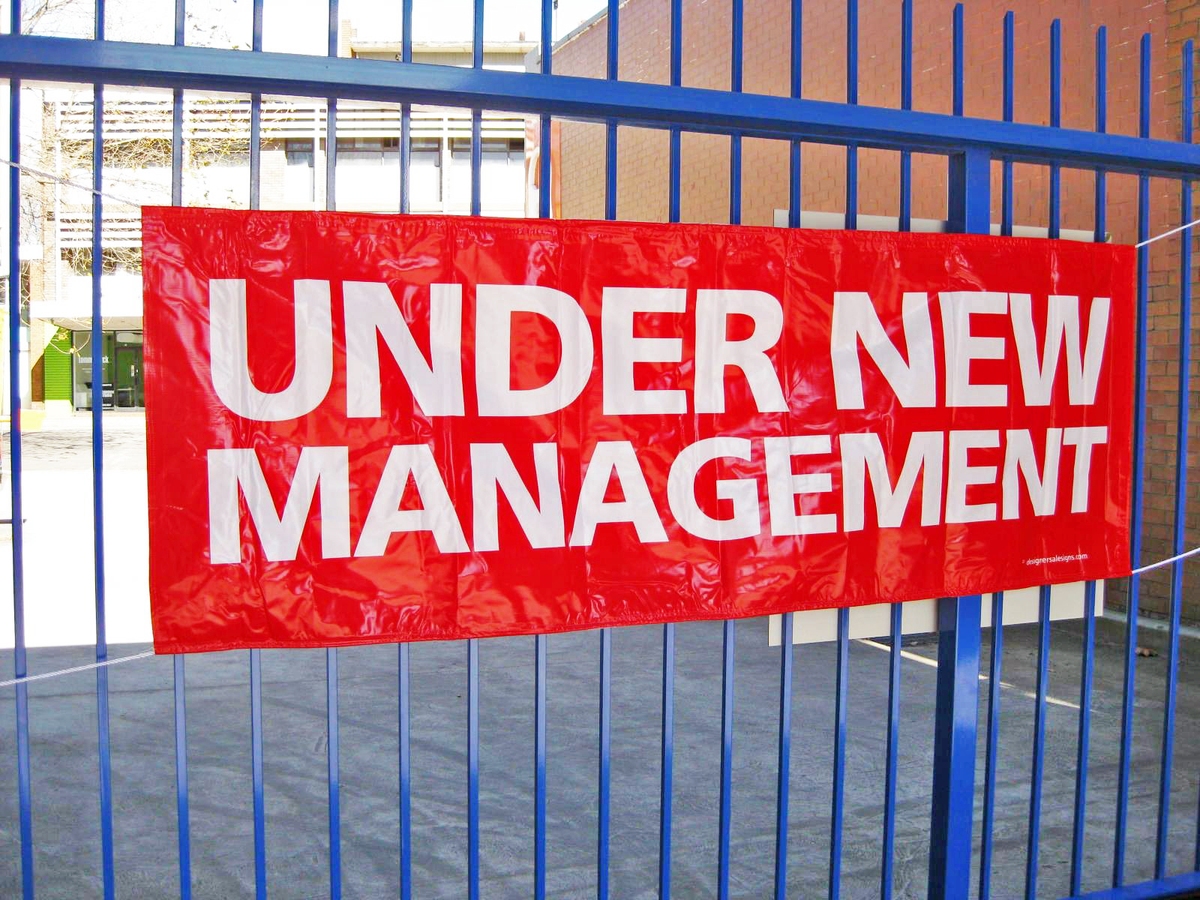 TC's Guidelines and Principles for Life #2: "What you believe isn't defined by what you say you believe. It's defined by what you do."
Mars One, a non-profit organization based in the Netherlands recently started accepting applications for people who want to be part of the first manned space mission to Mars.
TC's Guidelines and Principles for Life #2: "What you believe isn't defined by what you say you believe. It's defined by what you do."
Mars One, a non-profit organization based in the Netherlands recently started accepting applications for people who want to be part of the first manned space mission to Mars.
There's a slight catch with this mission, however: it's a one way trip. The people who are part of this mission will not be coming back. Ever. They will leave Earth and spend the rest of their lives on the Red Planet.
When they opened up for applications, they received over 200,000.
Two hundred thousand!
They have since started narrowing the search down and are now down to 1,000 viable candidates.
They are going to choose six teams of four people to start training in 2015.
Here's what I'm curious to see: how many of the people they choose to undertake this mission will accept it?
It's one thing to say 'I'd like to go to Mars'. It's quite another to step on a spaceship after saying goodbye to everybody you ever knew.
You can call yourself a Martian astronaut as much as you want, but until you're rocketing away from earth at 66,000 miles an hour, you're just talking.
Similarly, you can spend a lot of time telling people what you believe:
"I think every kid should receive a strong education."
"I feel like I'm supposed to be a musician."
"I think Jesus is God in the flesh."
The question is this: what are you doing about it? If you really believe something, isn't it going to have an effect on your actions?
If you think we as a society have an obligation to make sure kids are able to read, and write and learn valuable academic and practical skills, what are you doing about it? Are you tutoring in low income areas that need help? Are you involved in local schools that are struggling to achieve that goal?
If you believe you should be a musician, are you taking lessons? Are you practicing for hours a day? are you releasing material for people to hear?
If you believe in Jesus, are you doing the things he told us to do? Feeding the hungry? Clothing the naked? Visiting the prisoner? Caring for the sick? Giving drink to the thirsty?
In fact, a Jesus' brother in law, a guy named James, talked about this very thing in a letter he wrote:
“How can you show me your faith if you don’t have good deeds? I will show you my faith by my good deeds.” (James 2:18b)
We tend to judge ourselves by our intentions and others by their actions. From that viewpoint, it's very easy to see how you're a good person because of what you 'believe', whereas most people are uncaring because they don't demonstrate to you that they care.
It's an incredible level of hypocrisy that we can all easily fall into. I know I've often struggled with that.
In some instances, we even legitimize feelings like this. Once faith (that I won't call out, because I'm not trying to write an attack ad - and God knows we have enough problems in Christendom to solve) actually says that thinking about doing a good act counts as a good act, and actually doing it counts as 10 good acts, whereas doing a bad act only counts as one bad act.
With that mindset, I can act terribly, but if I consider doing good things, it all evens out in the end.
Another faith (again, I won't mention it) thinks that you can put up flags with prayer on it, and every time that flag flaps in the wind, it counts as a prayer.
With all due respect, this are cop outs.
What you do tells me what you believe. You may think you care about an issue, but if you never do anything about it you don't have a belief. You have an opinion.
That doesn't make you a bad person. We all have opinions. But just sharing them on Facebook doesn't change the world.
Figure out what it is that you believe in life.
And then go show everybody those beliefs.
___________________________________________
35@35 is a blog series by Thomas Christianson which involves 35 blog posts in 2014 on 35 things he has learned at the age of 35.
























